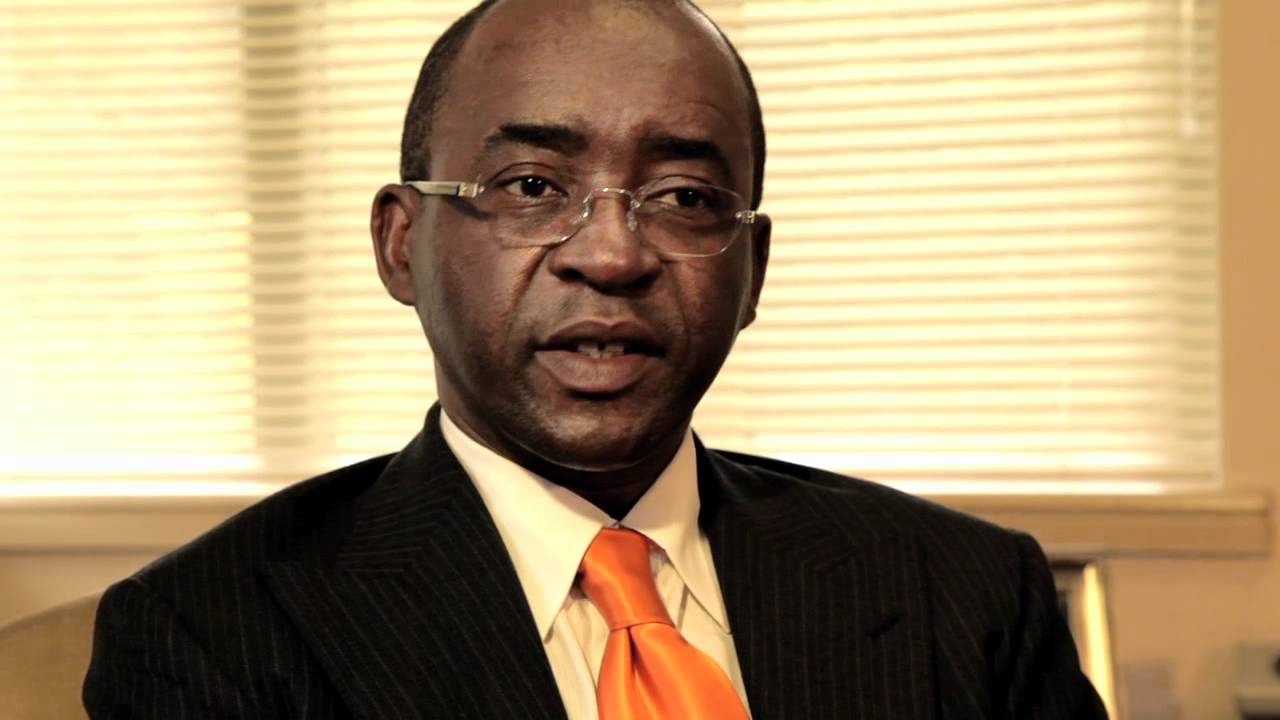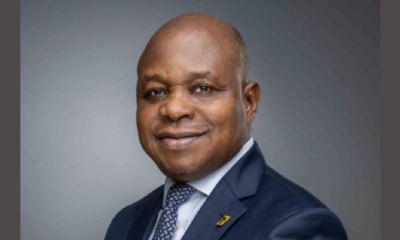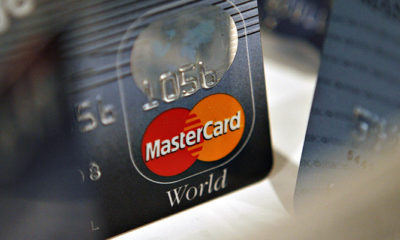Privately held African telecommunications group, Econet, today announced the launch of Cassava Technologies, which brings together Econet’s digital services and digital infrastructure product segments, encompassing fiber broadband networks, data centers, and renewable energy; as well as cloud & cybersecurity, fintech, and digital platforms.
Cassava Technologies, headquartered in London, is Africa’s first integrated tech player of continental scale at the forefront of technology innovation, with operations and activities in most African countries. Its product segments provide digital solutions to over 1 million enterprises and enable access to the internet for over 500 million people. Its Sasai Super App is projected to provide access to fintech services for over 75 million customers across Africa by 2025.
Cassava Technologies aims to empower individuals and businesses in Africa through digital solutions which drive the vision of a digitally connected future that leaves no African behind. The company encompasses well established and leading technology brands, including Liquid Intelligent Technologies, Africa Data Centres, Liquid Cloud, Sasai Fintech, Vaya Technologies, and Distributed Power Technologies. Cassava Technologies is backed by significant investment and extensive collaboration with some of the world’s largest technology businesses and institutional investors interested in Africa’s nascent but rapidly growing digital economy.
Cassava Technologies is the leading technology enterprise driving Africa’s digital transformation which represents a large and fast-growing addressable market of underserved consumers and businesses. With a total projected population of 1.5 billion1 and approximately 60%2 of the population expected to be urbanized by 2025, there is accelerating demand across the continent for Cassava Technologies’ range of digital services enabled by a digital infrastructure platform of unrivaled scale. The African continent is still marked by low internet penetration and hampered by high costs of internet access despite the projected exponential growth. This, coupled with a significant unbanked population further underlines the huge market opportunity for Cassava Technologies.
Econet Group’s mobile telecoms businesses which include Econet Wireless Zimbabwe, Econet LEO (Burundi), Econet Telecom Lesotho, Econet’s investment in Mascom Wireless Botswana, and Econet’s mobile money business, EcoCash Holdings Zimbabwe are unaffected and will continue to operate under the Econet Wireless brand.
London-based African telecoms and tech entrepreneur Strive Masiyiwa, Founder and Executive Chairman of Cassava Technologies, said: “Technology creates pathways to democratize access to opportunity. Only through accelerating digital innovation in Africa will we empower individuals, families, businesses, and economies to reach their full potential. As Africa’s economy transitions to digital, there is a tremendous opportunity for increasing connectivity to usher in a new wave of digital tools and solutions that will improve the lives of millions of Africans. This is why we have created Cassava Technologies, to make technology as accessible as cassava “fufu” in Africa.”
Hardy Pemhiwa, CEO of Cassava Technologies, said: “We are delighted to announce the launch of Cassava Technologies. Our unmatched fiber broadband, data centres and renewable energy infrastructure, paired with fintech, cloud, cybersecurity, and on-demand digital platforms, will accelerate Africa’s digital transformation. As Cassava Technologies, with a footprint covering more than 15 countries, we are well positioned to meet the growing needs of businesses operating in Africa and expand access to fintech and other digital services to enterprises, small & medium size businesses, and consumers across Africa.”
Cassava Technologies’ businesses and its founder-led management team have a 25-year track record of success and a rich history of innovation in Africa. Cassava Technologies operates the largest independent pan-African terrestrial fiber broadband network, which spans more than 62,000 miles, covering more than 300 towns and cities across Africa from Cape Town to Cairo. It also operates Africa’s largest footprint of interconnected carrier neutral data centers and the Sasai Super App supporting payments and remittances across the continent. This digital infrastructure is the bedrock of Africa’s digita


 Naira4 weeks ago
Naira4 weeks ago
 Naira3 weeks ago
Naira3 weeks ago
 Naira3 weeks ago
Naira3 weeks ago
 Naira3 weeks ago
Naira3 weeks ago


 Naira3 weeks ago
Naira3 weeks ago




 Naira2 weeks ago
Naira2 weeks ago
 Jobs4 weeks ago
Jobs4 weeks ago


 Appointments2 weeks ago
Appointments2 weeks ago










